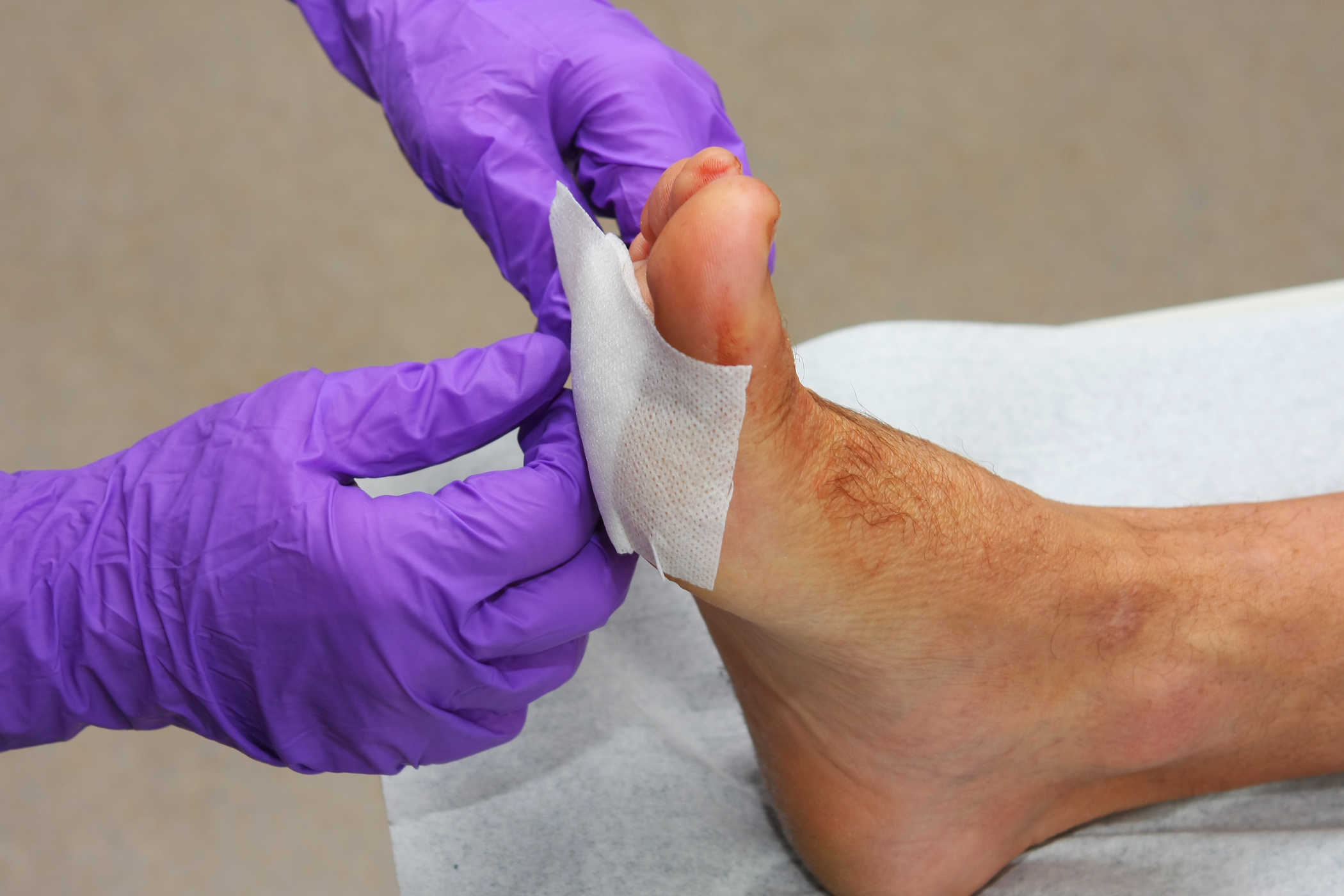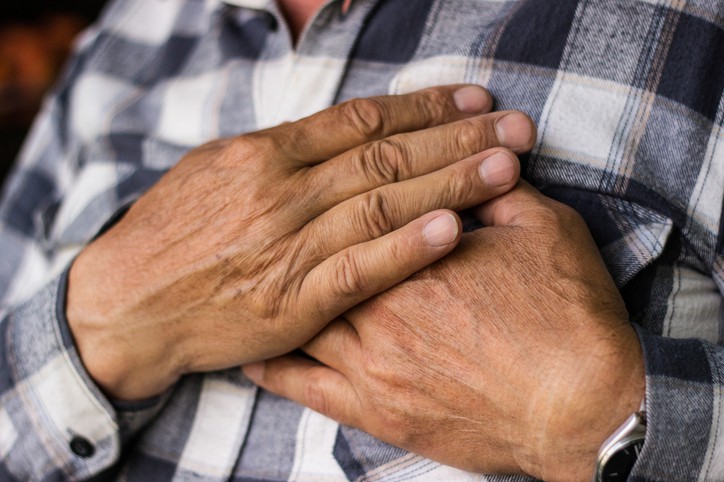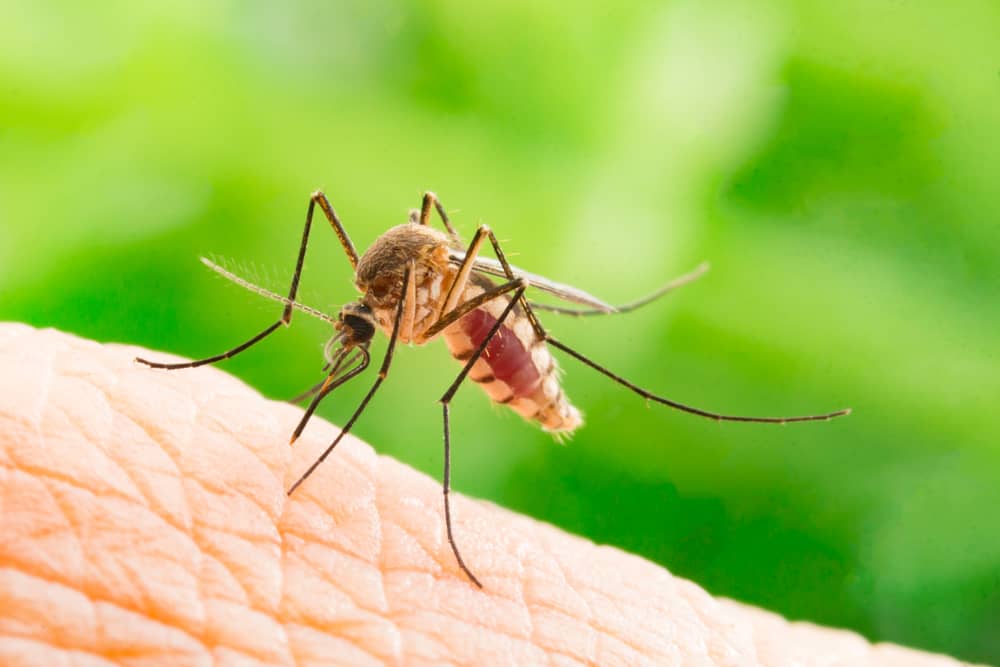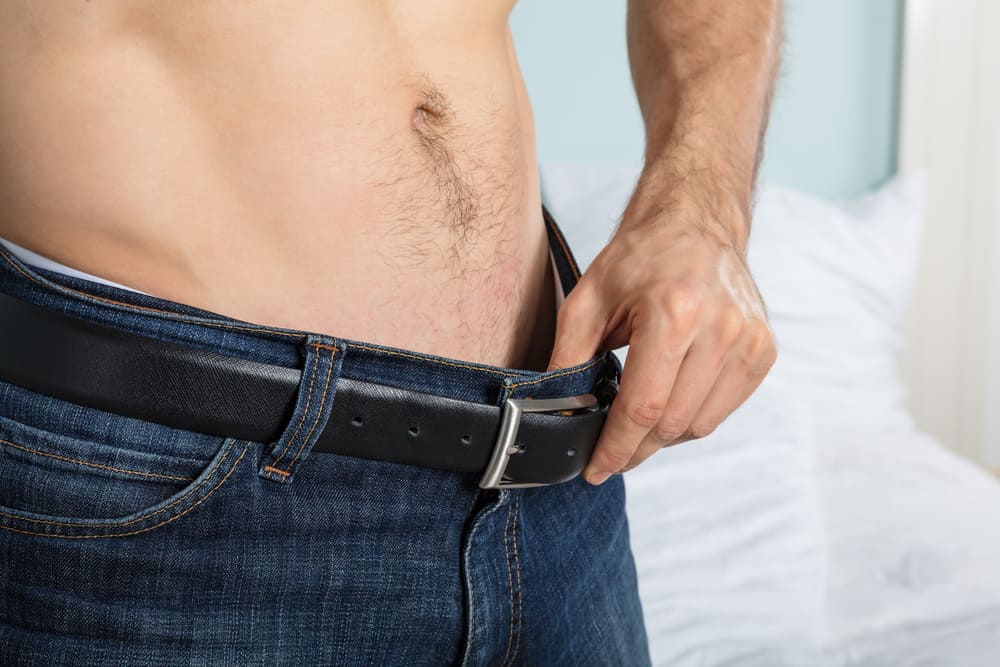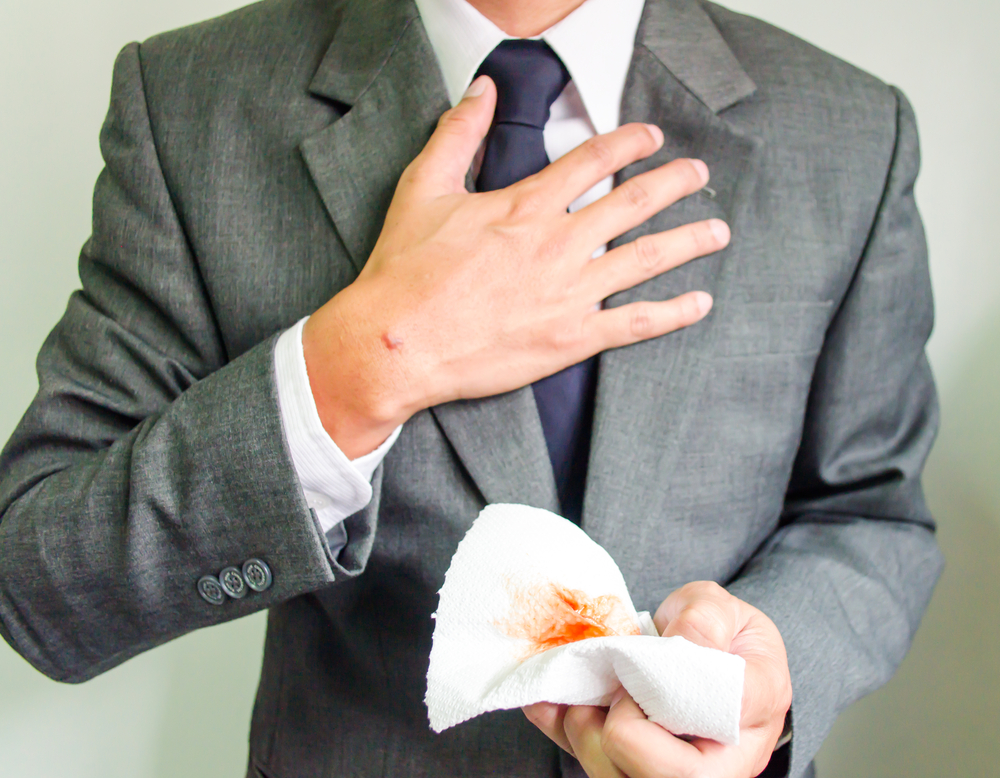Contents:
- Medical Video: Surgical Debridement
- Foot ulcer problems in diabetics
- Why are diabetic wounds difficult to lose?
- 1. Blood circulation is blocked
- 2. Neuropathy (nerve damage)
- 3. Weak body immunity
- Tips for treating diabetes wounds
Medical Video: Surgical Debridement
Type two diabetes or also known as diabetes is a condition of high blood sugar levels. If not treated properly, type two diabetes can trigger various complications or even fatal chronic diseases.
One of the most reported complaints of people with diabetes is a wound in the foot or in other parts of the body that are difficult to heal. Well, you can listen to the full review of the diabetic wound below.
Foot ulcer problems in diabetics
According to a foot surgeon from the United States, Dr. Daniel Cohen, no matter how small and as small a wound as a person with diabetes must be treated properly. Especially wounds that appear on the legs.
The reason is that diabetic wounds that are not treated are very likely to turn into foot ulcers. Ulcers or serious foot infections will be more difficult to treat. In some cases, ulcers that have been too severe cause the legs of people with diabetes to be amputated.
Why are diabetic wounds difficult to lose?
There are several factors that cause diabetic wounds to be difficult to lose and even worse if left unchecked. Consider the factors below.
1. Blood circulation is blocked
Rising blood sugar levels can lead to various complications. One of them is the artery wall of the arteries hardens and narrows. Therefore, blood flow from the heart to all parts of your body becomes blocked. In fact, your body parts are badly in need of oxygen and nutrients contained in the blood to heal.
Because the injured part does not get enough oxygen and nutrients, the body's cells are increasingly difficult to repair tissue and nerve damage. So, your diabetic wounds don't heal or even get worse.
2. Neuropathy (nerve damage)
One of the complications of diabetes is neuropathy. Neuropathy is a condition in which you cannot feel pain, pain, or pain in the injured part. This is because the nerves in your body have been damaged by high blood sugar levels. As a result, your nerves are unable to send pain signals to the brain.
Because you don't feel pain or any sensation in the injured area, you might not realize if the wound gets worse. So, you can be late handling a wound before you become ulcers and get infected.
3. Weak body immunity
According to an internal medicine doctor from the United States, Dr. Asquel Getaneh, high levels of sugar in the blood of people with diabetes make the cells responsible for keeping the immune system weak. Because of this, even a small wound can be a severe infection that is difficult to treat. When it has been injured or even ulcers, immune cells cannot repair the damage quickly.
Tips for treating diabetes wounds
For you or the closest person who has diabetes, please note carefully the various tips to treat the following diabetes wounds to avoid ulcers or amputations due to injury.
- Don't underestimate the wound. No matter how small the wound, immediately clean and treat before it gets worse.
- Clean the wound immediately. To prevent infection, immediately wash your wounds with running water. Then apply a special antibiotic wound ointment. Finally, cover with gauze or sterile bandages.
- Diligently change the bandage and check the wound. Every day, clean the wound with water and soap. Then apply again with an antibiotic ointment and cover with gauze or bandage. While doing this, always check whether the wound has improved or even worse.
- Control your blood sugar. High blood sugar will only slow down your healing process and can cause a variety of adverse complications.
- See a doctor. Immediately contact your doctor if your wound is getting worse and symptoms of the infection appear such as swelling, suppuration, or you have a fever. You also have to go to the doctor immediately if there are ulcers on your skin at this time.

